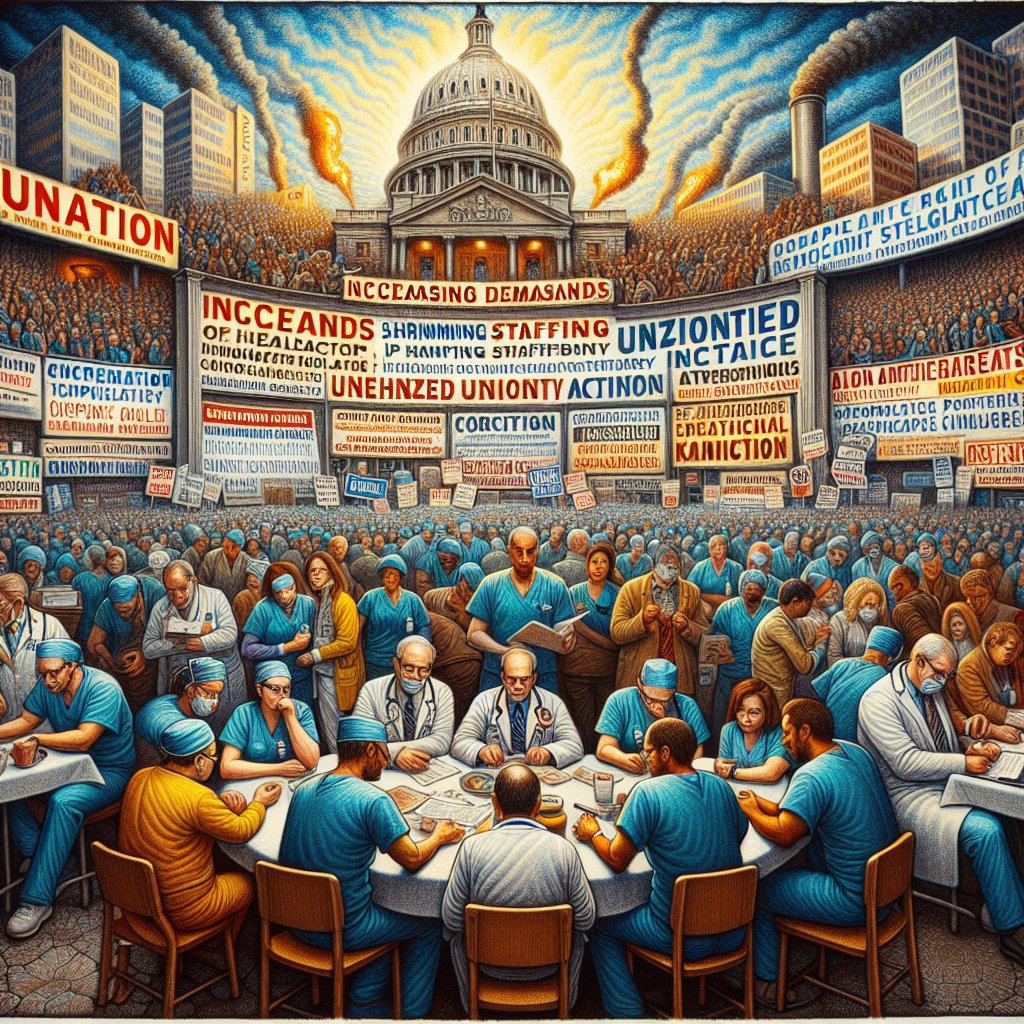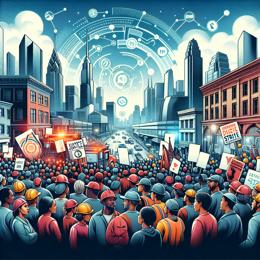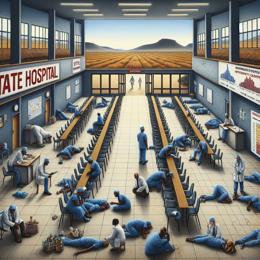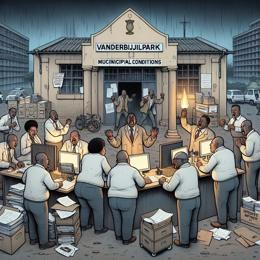Content created by AI
The Rising Tide of Health Professionals Unionizing for Better Work Conditions
In the wake of increasing demands, shrinking staffing, and an emphasis on metrics over medical judgment, healthcare professionals across the United States are turning to unions and labor actions to advocate for change. Dr. John Wust, an OB-GYN from Louisiana, along with more than a hundred doctors at an Allina Health hospital near Minneapolis, have recently embarked on a journey towards unionization. It's not just the doctors; across the country, healthcare workers are organizing with heightened frequency and fervor, indicating a paradigm shift in an industry traditionally seen as hierarchical and individualistic.
The Doctors Council of the Service Employees International Union reports that doctors from around the nation have been inquiring about organizing. Healthcare workers, notably nurses, have held a significant number of work stoppages, reaching a ten-year high—a trend that is likely to continue. Similarly, pharmacists like Dr. Ed Smith—who experienced the transition from attentive executives to tight labor budgets—are expressing frustration over diminishing staffing and overbearing performance metrics.
The common theme in these grievances is healthcare consolidation, which workers say has diminished their professional agency and reduced their role to mere cogs within expansive bureaucratic machines. These constraints, married to the relentless push of prescribed metrics, have eroded the once-respected autonomy of health professionals. The corporatization of healthcare systems and pharmacies forced employees to compromise their professional standards and prioritize corporate directives over patient care.
Events like the recent labor actions by nonunion pharmacists at CVS and Walgreens, protesting understaffing and overwork, reflect an industry at its breaking point. The pandemic amplified these issues, as the healthcare professionals who were already managing heavy workloads found themselves underwater as they dealt with the unprecedented health crisis.
Unions like the Doctors Council are not just witnessing a spike in inquiries, but are also actively expanding their outreach. The sentiment echoes with pharmacists, who have historically stayed on the fringes of union activities, but are now also calling for representation and collective action.
In Minnesota, the unionization at Allina clinics was driven by a realization that the time-honored sense of shared governance and professional dignity has been faced by a profit-driven mechanization of their roles. Over the years, Allina's policies, such as removing emergency buffers for OB-GYN services, demonstrated a shift towards a model that prioritizes efficiency over patient care. The intensifying focus on performance metrics, often at the expense of patient relationships and health outcomes, has become a catalyst for collective action.
Professionals who previously might not have considered unionization necessary are now at the forefront of the push for change. It's become clear that as healthcare continues to evolve under corporate predilections, the professionals tasked with caring for patients are seeking a return to an environment that values their expertise and acknowledges the human element of healthcare delivery.






